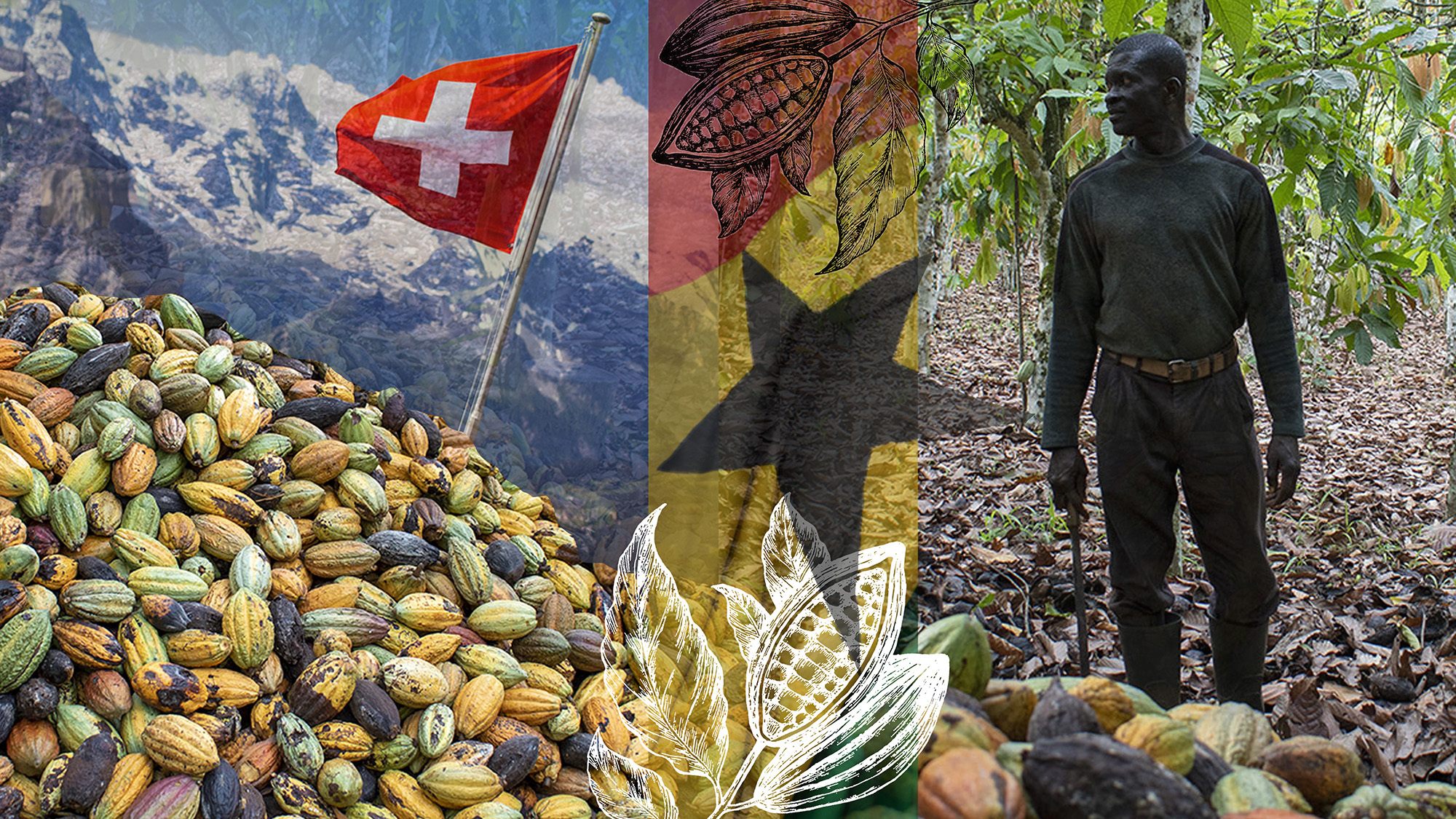
Switzerland Today
Greetings from Bern!
What type of neighbour are you? The first Swiss study of neighbourhoods has divided people into four categories. It also found that a quarter of Swiss occasionally look after the children or pets next door. Here are other news and stories from Switzerland on Tuesday.

In the news: Most people in Switzerland maintain a somewhat distant relationship with their neighbours, but they trust them nevertheless.
- Only 12% of respondents said they knew their neighbours very well, according to the representative “Hello NeighbourExternal link” study. Three-quarters said they felt very safe in their neighbourhood and almost no one was dissatisfied with their relationship with their neighbours. This is reflected in everyday life: 67% lend food ingredients or tools to people next door, 48% water plants and 26% occasionally look after neighbours’ children or pets.
- The Swiss financial regulator, FINMA, has extended previously imposed protective measures at the Zurich-based subsidiary of Russian bank Sberbank. These measures, intended to mitigate a risk of liquidity problems at Sberbank (Switzerland), will remain in force until September 1, 2022.
- The Swiss foreign ministry has opened a humanitarian office in the crisis-ridden Central African Republic. The new presence in the capital, Bangui, is meant to encourage and improve international cooperation in one of the poorest countries in the world.

Over in Sri Lanka, the Swiss Embassy in the capital Colombo has had its lawn dug up and is now planting vegetables, following a government call for self-sufficiency due to food shortages.
Yesterday the Swiss embassy tweetedExternal link that it had inaugurated the sustainable vegetable garden. The entire lawn had been transformed into a garden where a variety of plants, including vegetables, fruits and spices, had been planted, it said on Facebook. The embassy says it wants to make a contribution to the food shortage.
Before-and-after pictures show the original green lawn and the new beds into which Swiss flags have been stuck and in which quite large plants are already thriving. The pictures also show men and women in red T-shirts with a white cross on their chests digging.
Beans, sweet potatoes, aubergines, peppers, cabbage, ginger and chillies are grown on 360 square metres, the embassy told Swiss newspaper BlickExternal link.

Stricter sustainability rules in the EU and Switzerland could exclude West African cocoa from European markets. A cocoa farmers’ database in Ghana could be a game changer.
In the first of six in-depth articles looking at how West Africa is trying to renegotiate its role in the chocolate industry, SWI swissinfo.ch journalist Anand Chandrasekhar examines how proposed new EU rules on deforestation could hurt the cocoa exports of Ghana and Ivory Coast, which together account for over 60% of global cocoa bean production.
For its part, Ghana’s cocoa board announced plans to develop a nationwide Cocoa Management System (CMS) digital database project. It aims to capture comprehensive data on cocoa farmers such as the location of their farms, household composition and farm size with a view to bring greater transparency to country’s cocoa sector including data needed to identify deforestation risks. “In fact, our goal is to make Ghana the most digitized economy in Africa within the next two years,” said Vice-President Mahamudu Bawumia at the CMS announcement ceremony last year.
More

In compliance with the JTI standards
More: SWI swissinfo.ch certified by the Journalism Trust Initiative









